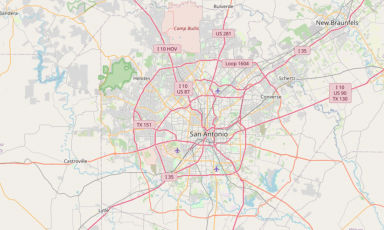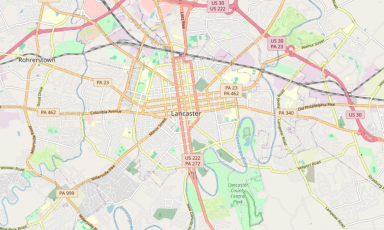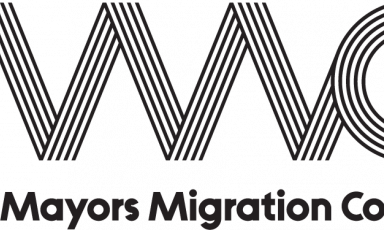FAMSI, Spain
EMBRACIN Project - Reception of young people in exile

Summary
EMBRACIN is a comprehensive model for the reception of young adult migrants, with whom we have had experiences in Andalusia in the cities of Seville, Jaén and Cádiz. These three experiences of reception, for a total of 16 young nationals from third countries, are each supported by six professionals from different disciplines: medicine, law, social work, language interpretation, teaching and psychology.
In addition to the homes in Jaen, with six boys, and Seville, with another six, three boys are already living with families in the province of Cadiz, and one more with a family in Seville.
This is a group of young people, almost all of whom have been released from the protection system when they reach the legal age of adulthood. FAMSI, as a network of local governments in Andalusia, supports reception services and comprehensive support for these young people, with the aim of accompanying them as fully as possible in their transition to adult life in the period between reaching the age of legal adulthood and the establishment of their personal autonomy.
The aim of the EMBRACIN project is to create a fertile environment in which agents and local authorities learn to understand, adapt, reuse and share successful and effective practices in order to provide the necessary knowledge to facilitate the harmonious coexistence of migrants and refugees in the host country.
Impact
The EMBRACIN programme aims to test, in 6 different countries, a model of reception and accompaniment for the integration and social inclusion of immigrants in vulnerable situations. The expected impact of the project has different aspects: on the one hand, it aims to improve the social inclusion of the programme's participants; on the other hand, it aims to demonstrate that this innovative model of reception, based on comprehensive assistance by local citizens, has the potential to achieve better results than the usual integration policies and programmes.
To this end, an evaluation system has been designed that considers three different dimensions: (1) firstly, impact evaluation: through this dimension, the aim is to assess what is the impact of the designed itinerary of activities for the participants in a number of dimensions (labour integration, social inclusion, feeling of belonging, navigational integration, etc.). This is done through the administration of questionnaires at different moments of the programme; secondly, the evaluation of the implementation: the aim is to determine whether the organisation of the programme (the staff, the organisation of the activities, the context of the programme, the resources available, etc.) has been a facilitator or a barrier to the achievement of the programme's objectives. For this purpose, a series of activities of qualitative methodology are carried out (semi-structured interviews and questionnaires to the staff working in the programme, focus groups with the staff and with the beneficiaries of the programme); finally, the evaluation of efficiency: the aim is to assess whether the use of resources has been efficient, for which the expenditure structure of the programme is compared with that of other programmes with similar objectives.


